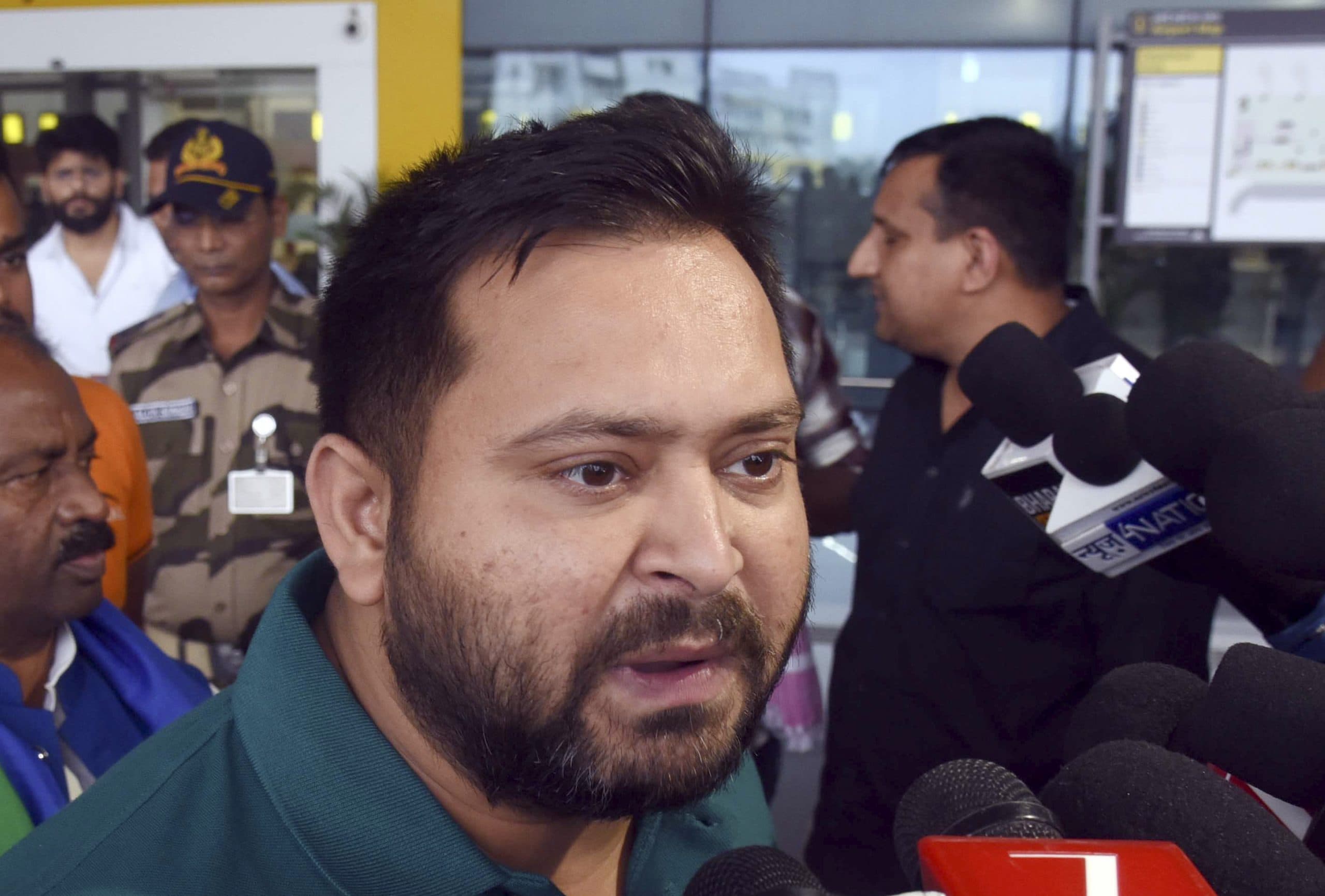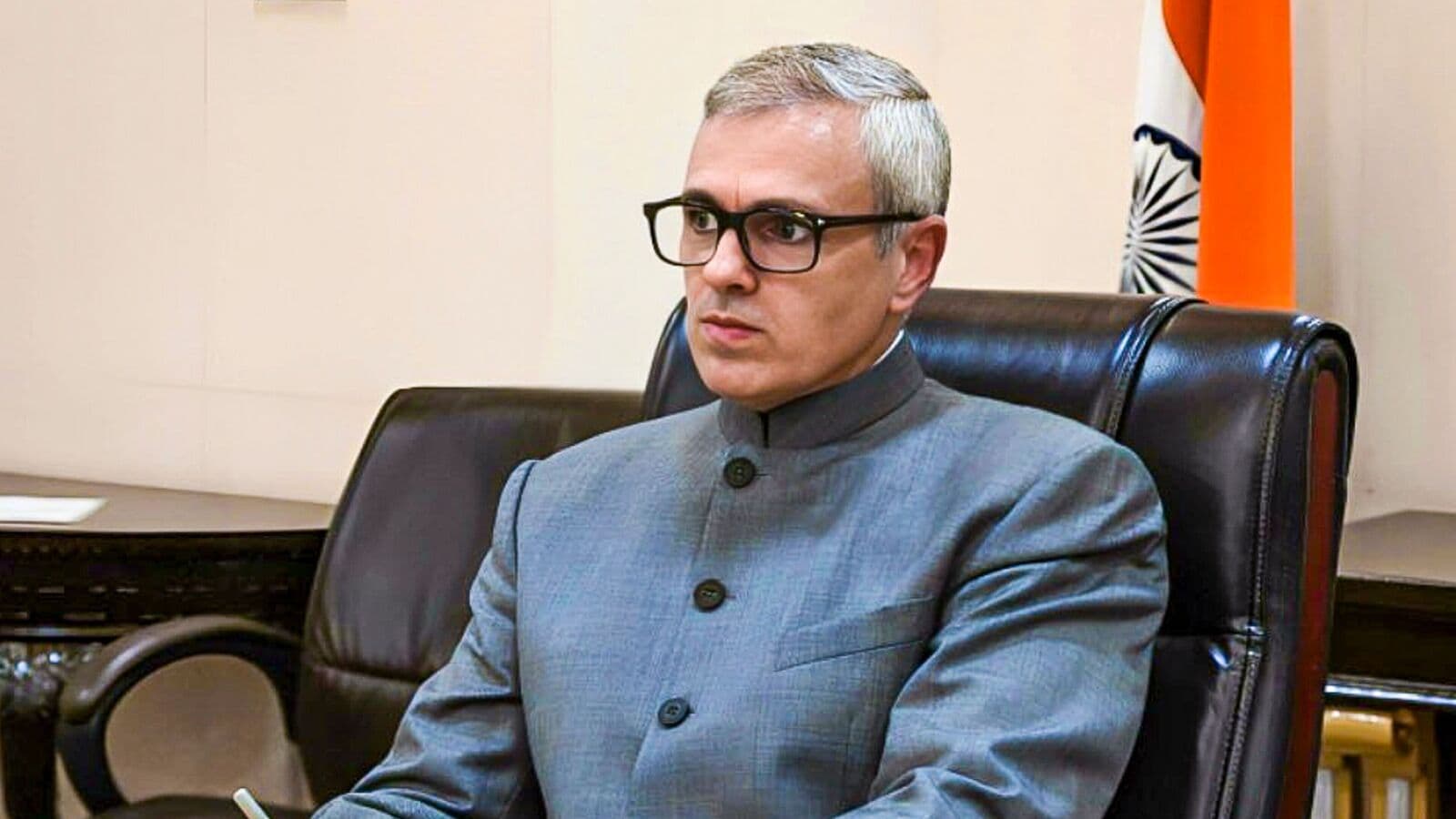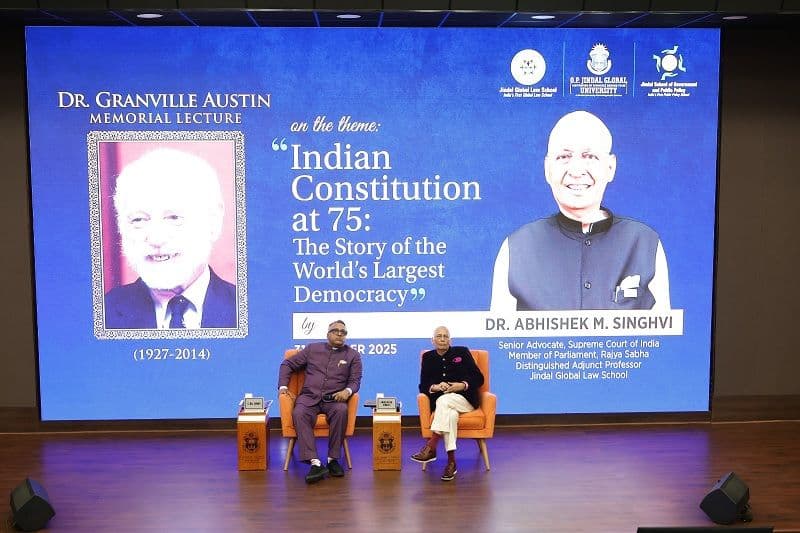Shukla and the other three astronauts are expected to board the spacecraft about two hours before the undocking, wear their space suits and carry out the necessary tests before they begin their journey to the Earth.
The ISS is orbiting the Earth at a speed of 28,000 km per hour, and the spacecraft will initiate the autonomous undocking process to gradually slow down and re-enter the Earth’s atmosphere for a splashdown at a designated spot.
Shukla worked on the microalgae experiment, deploying and stowing samples that could one day provide food, oxygen and biofuels for deep space missions, Axiom Space said in a statement.
The resilience of the microalgae makes them a promising asset for sustaining life beyond Earth, it said.
“Exercise research and spacesuit maintenance topped the schedule for the Expedition 73 and Axiom Mission 4 (Ax-4) crews on Thursday,” a NASA statement said.
The crew also continued the Voyager Displays study, which examines how spaceflight affects eye movement and coordination.
The crew collected data for a study to explore how astronauts perceive and interact with their environment in orbit, which is critical for designing mentally supportive habitats for long-duration missions.
Another study focused on cerebral blood flow, investigating how microgravity and elevated carbon dioxide levels affect cardiovascular function, which could later benefit both astronauts and patients on Earth.
Radiation exposure was monitored using the compact Rad Nano Dosimeter, a tool for assessing astronaut safety.
The crew took part in the Acquired Equivalence Test, a cognitive experiment that measures learning and adaptability in space and supported the PhotonGrav study by collecting brain activity data to explore neuroadaptive technologies for space and medical applications. PTI SKU SKU AMJ AMJ




